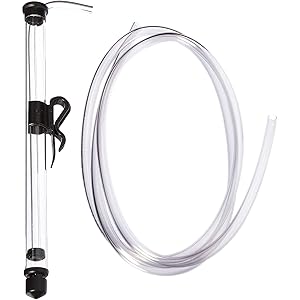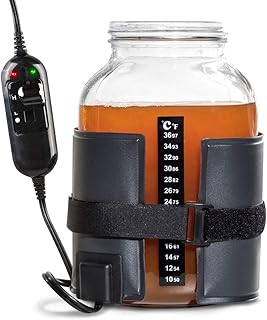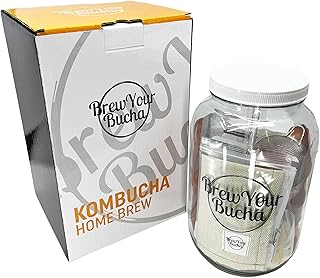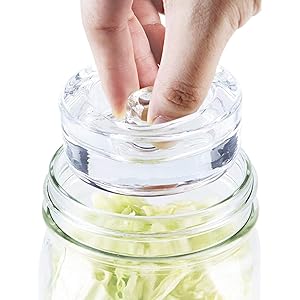Understanding Carbonation Bloating
Carbonation bloating refers to the uncomfortable feeling of fullness and swelling in the abdomen caused by the consumption of carbonated beverages. This phenomenon occurs when the carbon dioxide gas in these drinks is released in the stomach, leading to an accumulation of gas that can cause discomfort and distension. Many people experience this sensation after drinking sodas, sparkling water, or beer, which can lead to a temporary but unpleasant feeling of bloating.
Causes of Carbonation Bloating
The primary cause of carbonation bloating is the ingestion of carbon dioxide gas, which is present in carbonated drinks. When these beverages are consumed, the gas can become trapped in the digestive system, leading to an increase in pressure and volume in the stomach. Additionally, the carbonation can stimulate the production of gastric acid, which may further contribute to feelings of discomfort. Other factors, such as eating too quickly or consuming high-sodium foods, can exacerbate the bloating effect.
Symptoms Associated with Carbonation Bloating
Individuals experiencing carbonation bloating may notice several symptoms, including a swollen abdomen, excessive burping, and a feeling of tightness in the stomach. Some may also experience pain or discomfort that can range from mild to severe. In some cases, carbonation bloating can lead to nausea, which can further complicate the enjoyment of meals or social gatherings where carbonated beverages are served.
How Carbonation Affects Digestion
Carbonation can significantly impact the digestive process. The presence of carbon dioxide in the stomach can interfere with the normal breakdown of food, leading to slower digestion and increased gas production. This can result in a feeling of fullness that persists long after the beverage has been consumed. Furthermore, the bubbles in carbonated drinks can create a sensation of pressure that may hinder the natural movement of food through the digestive tract.
Preventing Carbonation Bloating
To prevent carbonation bloating, individuals can take several proactive steps. One effective strategy is to limit the intake of carbonated beverages, opting instead for still water or non-carbonated drinks. Additionally, consuming carbonated drinks slowly and in moderation can help reduce the amount of gas swallowed. Eating smaller meals and avoiding high-sodium foods can also minimize the risk of bloating and discomfort.
Get more content like this!
Sign up to receive updates and new terms first hand.
Home Remedies for Carbonation Bloating
There are various home remedies that may alleviate the discomfort associated with carbonation bloating. Drinking herbal teas, such as peppermint or ginger tea, can help soothe the digestive system and reduce bloating. Additionally, engaging in light physical activity, such as walking, can promote digestion and help release trapped gas. Staying hydrated with non-carbonated fluids can also assist in flushing out excess gas from the system.
When to Seek Medical Advice
While carbonation bloating is often a temporary and benign condition, there are instances when medical advice should be sought. If bloating is accompanied by severe pain, persistent nausea, or changes in bowel habits, it may indicate a more serious underlying condition. Consulting with a healthcare professional can help determine the cause of the symptoms and provide appropriate treatment options.
Impact of Diet on Carbonation Bloating
Diet plays a crucial role in the experience of carbonation bloating. Foods that are high in fiber, such as beans and certain vegetables, can produce gas during digestion, potentially exacerbating bloating when combined with carbonated beverages. Additionally, consuming dairy products can lead to bloating in individuals who are lactose intolerant. Being mindful of dietary choices can help mitigate the effects of carbonation bloating.
Understanding Individual Sensitivities
It’s important to recognize that individual sensitivities to carbonation bloating can vary widely. Some people may be more prone to experiencing bloating after consuming carbonated drinks due to differences in their digestive systems or underlying health conditions. Keeping a food diary can help individuals identify specific triggers and adjust their consumption of carbonated beverages accordingly.
Conclusion on Carbonation Bloating
Carbonation bloating is a common issue that many individuals face, particularly those who enjoy carbonated beverages. By understanding the causes, symptoms, and preventive measures associated with this condition, individuals can make informed choices about their diet and beverage consumption. Awareness of personal sensitivities and dietary impacts can further aid in managing and reducing the discomfort of carbonation bloating.




